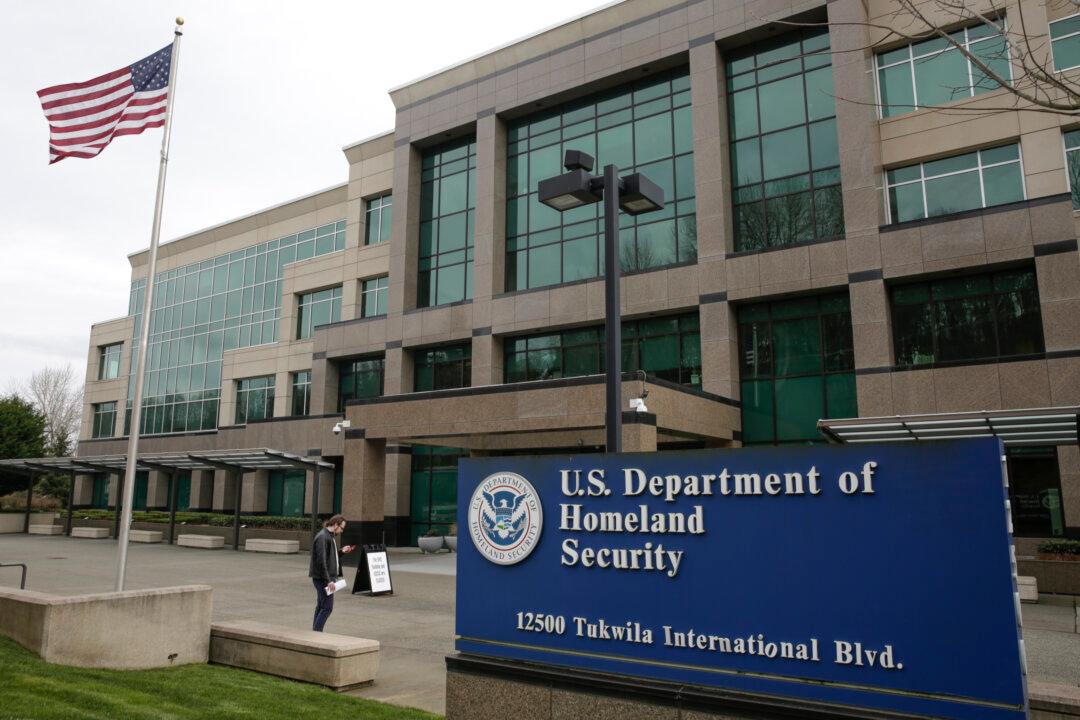The U.S. Citizenship and Immigration Services (USCIS) on Monday issued a guidance, detailing how it will limit the scope of the Deferred Action for Childhood Arrivals (DACA), the Obama-era program providing protection against deportation and work authorization to illegal immigrants who were brought into the country as children.
The USCIS, which oversees naturalization and other legal immigration processes, said the guidance will uphold a July 28 memorandum from the U.S. Department of Homeland Security (DHS). Specifically, the agency will reject all first-time DACA status and work-permit applicants applicants, and reduce the term of renewals for existing DACA beneficiaries to one year instead of the usual two.





